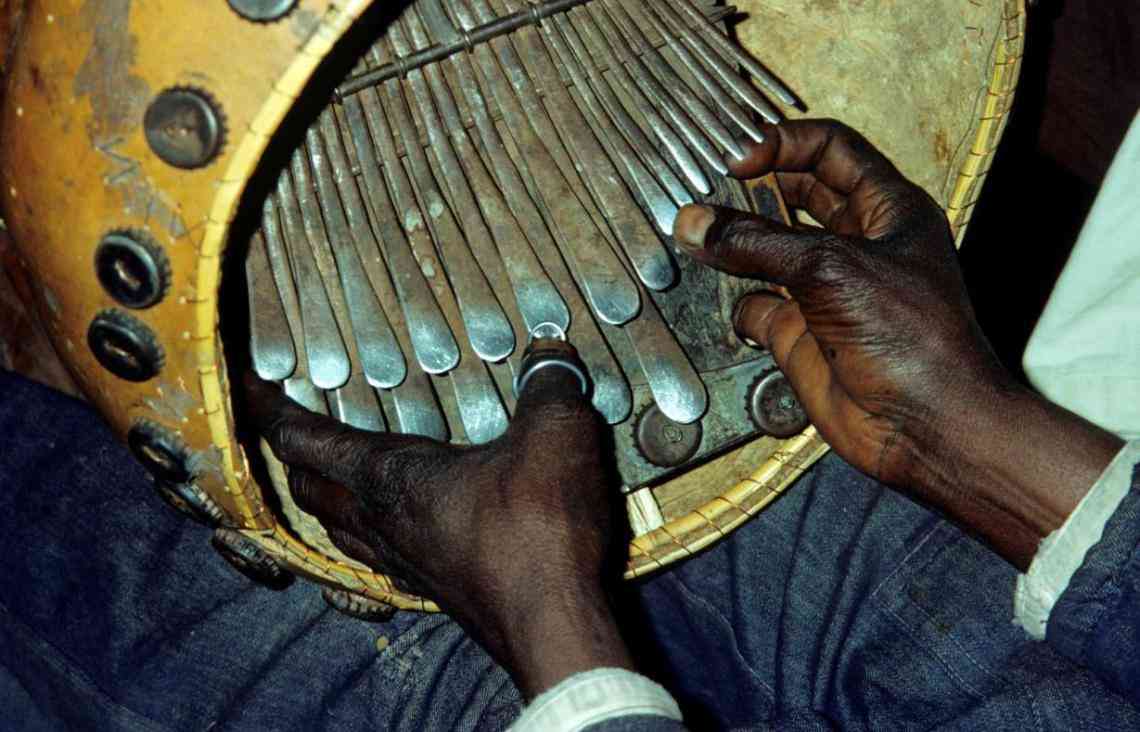
BY CHIEDZA MAZHANGARA GENDER equality issues continue to trigger heated debates and divide public opinion.
Also known as sexual equality or equality of the sexes, it speaks to equal access to resources and opportunities regardless of gender.
This includes economic participation and decision-making.
Through his artistry, sungura singer Mark Ngwazi has also waded into the issue on his latest seven-track album Nharo Nezvine Nharo.
Ngwazi’s fifth album has not only divided opinions in showbiz, but also brought with it a form of comparison against sungura maestro Alick Macheso who has also released his latest 12th album Tinosvitswa Nashe.
Away from the comparisons debate, the Njanja Express frontman has produced an album laden with social commentary as he touches on different societal themes.
The seven tracks on the album are Gokwe, Hwahwa, Nyaradzo Yababa, Shamwari, Upenyu, Vakadzi and Zvipo.
The song Vakadzi encourages men to empower women by allowing them to go to work and showcase their abilities.
- Chamisa under fire over US$120K donation
- Mavhunga puts DeMbare into Chibuku quarterfinals
- Pension funds bet on Cabora Bassa oilfields
- Councils defy govt fire tender directive
Keep Reading
On the 14-minute track, Ngwazi promotes gender equality among married men and women by questioning why men confine women to house chores, denying them the opportunity to go for formal work.
In Hwahwa, which is one of the songs receiving rave public comments, Ngwazi expresses his utmost love for beer, saying quitting alcohol is not something which is easy to do.
The youthful singer further argues that quitting beer does not necessarily mean that one has become a saint.
On Nyaradzo Yababa, Ngwazi expresses the tribulations people face as a result of being orphaned. In the slow tempo song, he makes use of both Shona and English languages.
Part of the song’s lyrics say: Nyaradzo yababa ngaitwe katatu (Let a father’s memorial service be done three times).
Through the lyrics, Ngwazi is appreciating the fatherly figure that even after their deaths they can still be honoured, especially for those who might have grown under harsh conditions as a result of having lost their parents at a tender age.
The song Shamwari emphasises the importance of being vigilant when one enters into friendship. He believes that one’s friends determine one’s destination and it is not every person you meet in life who will qualify to be a friend.
Through the song, the singer argues that some people are living miserable lives as a result of being in the company of wicked friends.
The nine-minute Upenyu track carries the message of encouragement that intellectual education is not what only qualifies one to be endorsed as wise.
He gives an example of the biblical Jesus who was deemed perfect, but did not please everyone. Ngwazi reflects on this same principle advising that one should learn to know that they cannot please everyone in life.
The song Gokwe addresses negative stereotypes associated with Gokwe, a place in the Midlands province.
On the track, Ngwazi is questioning why everything silly or funny is associated with either Gokwe or Masvingo, a city in south-eastern Zimbabwe.
On the song Zvipo, he reiterates that it is important for one to be able to identify and appreciate their talents. In the same song, he makes an appeal to God that, if possible, He should allow everyone to identify their talents and shine.
- Follow us on Twitter @NewsdayZimbabwe











